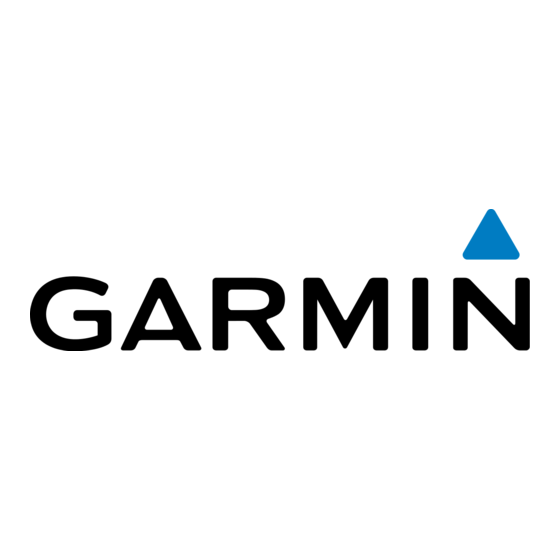nMEa 0183 Information
When connected to optional NMEA 0183-compatible devices, the
GHC 10 uses the following NMEA 0183 sentences.
type
Sentence
Receive
wpl
gga
grme
gsa
gsv
rmc
bod
bwc
dtm
gll
rmb
vhw
mwv
xte
Transmit
hdg
GHP 10 Configuration Settings
Although all of the configuration is typically completed automatically
through wizards, you can manually adjust any setting
NOTE: Depending upon the configuration of the autopilot, certain
settings may not appear.
NOTE: Each time you change to the Speed Source setting, you must
review the Verify Tachometer, Low RPM Limit, High RPM Limit,
Planing RPM, Planing Speed, or Max Speed settings, where applicable,
prior to performing the autotune procedure
Category
Setting
Dealer Autopilot
Vessel Type
Configuration
Speed Source
Speed Source
Setup
Speed Source
Verify
Setup
Tachometer
Speed Source
Planing RPM
Setup
Speed Source
Planing Speed Allows you to adjust the
Setup
20
(page
17).
(page
16).
Description
Allows you to select the
type of vessel on which the
autopilot is installed.
Allows you to select NMEA
2000 tachometer, GPS
speed, or the engine (or
engines) to which you
connected the tachometer
.
sensor from the CCU
Allows you to compare the
RPM readings on the GHC
10 with the tachometers on
the dashboard of your boat.
Allows you to adjust the RPM
reading on the GHC 10 at the
point your boat transitions
from displacement to planing
speed. If the value does not
match the value on the GHC
10, use the arrows to adjust
the value.
planing speed of your boat. If
the value does not match the
value on the GHC 10, use the
arrows to adjust the value.
Category
Setting
Speed Source
Low RPM
Setup
Limit
Speed Source
High RPM
Setup
Limit
Speed Source
Max Speed
Setup
Rudder Gains
Gain
Rudder Gains
Counter Gain
Rudder Gains
Low Speed
Gain
Rudder Gains
Low Speed
Counter
Description
Allows you to adjust lowest
RPM point of your boat. If
the value does not match the
value on the GHC 10, use the
arrows to adjust the value.
Allows you to adjust the
highest RPM point of your
boat. If the value does not
match the value on the GHC
10, use the arrows to adjust
the value.
Allows you to adjust the
maximum speed of your
boat. If the value does not
match the value on the GHC
10, use the arrows to adjust
the value.
Allows you to adjust how
tightly the rudder holds a
heading and makes turns.
If you set this value too
high, the autopilot may be
overactive, attempting to
constantly adjust the heading
at the slightest deviation.
An overactive autopilot can
cause excess wear and tear
on the drive unit
(page
17).
Allows you to adjust how
tightly the rudder corrects
turn overshoot.
If you set this value too high,
the autopilot can overshoot
the turn again when
attempting to counter the
original turn
(page
17).
Allows you to set the rudder
gain for low speeds.
This setting applies to the
vessel when operating below
planing speed.
If you set this value too
high, the autopilot may be
overactive, attempting to
constantly adjust the heading
at the slightest deviation.
An overactive autopilot can
cause excess wear and tear
on the drive unit
(page
17).
Allows you to set the rudder
gain counter-correction for
low speeds.
This setting applies to the
vessel when operating below
planing speed.
If you set this value too
high, the autopilot may be
overactive, attempting to
constantly adjust the heading
at the slightest deviation.
An overactive autopilot can
cause excess wear and tear
on the drive unit
(page
17).
GHP 10 Installation Instructions

